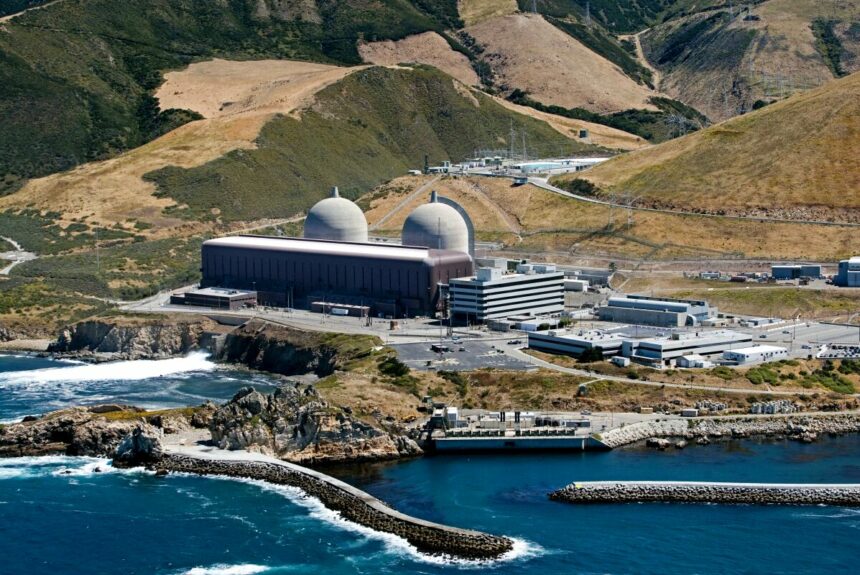Long since a one-party state, California has fallen into energy woes. Having infamously avoided rolling blackouts in a recent heatwave through messages begging Californians to use less power, many residents of our nation’s largest state have been left wondering about the soundness of their leaders’ decisions.
>>>READ: Germany and California’s Nuclear Mistakes
At the center of this controversy is Diablo Canyon, California’s last remaining nuclear plant which single-handedly generates 9 percent of the state’s energy and 15 percent of its clean, carbon-free power. Though California was once a leader in nuclear energy, Democrats in the state turned on nuclear power under the direction of then-governor Jerry Brown. After mandating that no new plants could be constructed until a permanent place to store waste was found, California’s plants began to shut down. The law was never rescinded, even when multiple blackouts struck and created an energy crisis so severe that it eventually led to the 2003 recall of then-governor Gray Davis.
Now, in an incredible moment of irony, Governor Gavin Newsom has declared that all gas-powered cars in California will be banned by 2035 to make way for electric vehicles—mere days before begging Californians to avoid plugging in their electric cars because of a lack of electricity.
If lawmaking was more bipartisan in California, could these energy crises have been avoided? Likely so. Republican representatives in the state have long advocated for the reopening of nuclear plants and for unleashing natural resource reserves and technology to solve the climate challenge.
But California has, of course, remained under one-party rule. Democratic lawmakers in the state regularly lambast their Republican colleagues for being ‘climate deniers’ and refuse to work together. However, both the history of climate policy and today’s political movements show that such a sweeping statement is not true.
In fact, climate change was a resoundingly bipartisan issue when it burst onto the stage in the 1980s. In 1986, Republican senator John Chafee was the first to call for an international treaty on cutting carbon emissions, which eventually led to the world’s first climate summit in Noordwijk, Netherlands. In 1989, a bipartisan group of 24 senators urged President George H.W. Bush to cut emissions in the United States more aggressively, and Bush himself campaigned on solving climate change in 1988. In the 2000s, House speakers Nancy Pelosi and Newt Gingrich co-starred in the 2008 advertisement We Can Solve It to highlight the bipartisan nature of the climate challenge, sponsored by Al Gore’s Alliance for Climate Protection. Barack Obama and John McCain also ran on very similar climate pledges in their 2008 presidential campaigns.
Although new partisan divides have often threatened cooperation since this time, they are quickly fading. Bipartisan environmental legislation like the Great American Outdoors Act and Bipartisan Infrastructure Law is becoming more common. In California’s case, four of its Republican representatives have joined the Conservative Climate Caucus, more than almost any other state.
Now, mired in an energy crisis, California lawmakers have an opportunity to continue this promising bipartisan trend. The most effective solutions are created when ideas from all sides are shared and weighed. As history shows, climate change is and ought to be a bipartisan issue. Conservation is conservative, and conservative ideas will forever be a vital piece of environmental policy. If California’s Democratic leadership takes a chance by cooperating with their Republican colleagues, they may discover it is exactly what their state needs.
Evan Patrohay is a graduate of Clemson University, a proud South Carolinian, and member of the American Conservation Coalition. During 2021-2022 he researched the effects of climate change on Arctic ecosystems in Tromsø, Norway under a Fulbright Scholarship.
The views and opinions expressed are those of the author’s and do not necessarily reflect the official policy or position of C3.
